This five-day course leads to the Lean IT Association Foundation and Lean IT Leadership exams. Candidates will be taken from foundational understanding through to getting a practical appreciation of how to apply Lean IT Principles to specific business problems, pain points, trigger events, and waste scenarios within the organization. They will learn how to implement and apply Kaizen improvement activities into their enterprise and how to efficiently use it for client initiatives, and how to effectively use Lean IT for different organizational scenarios.
The leadership learning objectives are focused on building on the learning objectives from the Lean IT Foundation to provide a specific Lean leadership development training for IT professionals in a leadership role, both formal (i.e. managerial) and informal.
The course will make use of the Lean A3 tool as the basis for progressively investigating all aspects of Lean IT Leadership. The aim is to ensure that each participant gains a detailed view of their personal Lean IT Leadership development by the end of the course.
Application of learning outcomes will be demonstrated by each student through the completion of an A3. Validate the creation of the A3 as part of the class outcomes.
The Lean IT Leader is someone who is committed to ensuring that the IT organization embraces Lean principles and operational excellence as its way of operating, and can be at any level of the organization in any ‘department’.
The course material is supported by practical case-based exercises. Candidates will learn how to apply the Lean IT approach to address customer value requirements and establish and maintain a sustainable approach to long term improvement of value delivery from IT.
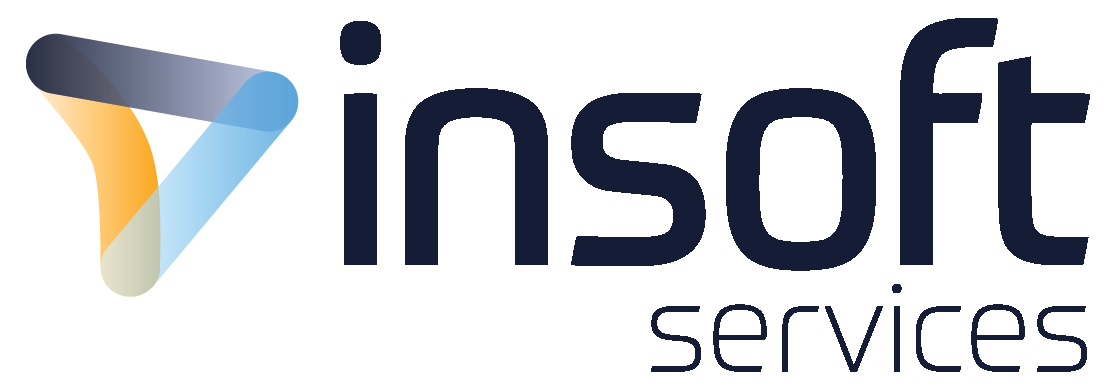
 Finland
Finland Germany
Germany Denmark
Denmark Sweden
Sweden Italy
Italy Netherlands
Netherlands Norway
Norway 


















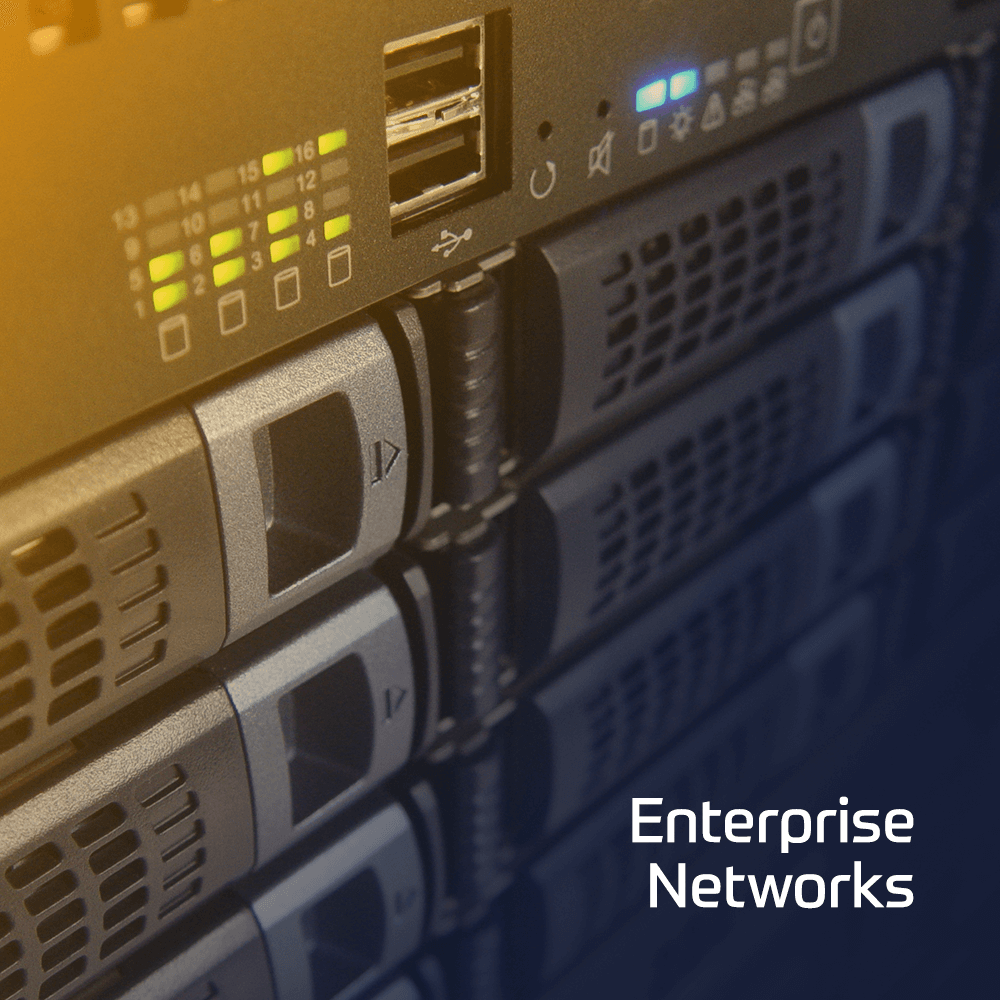
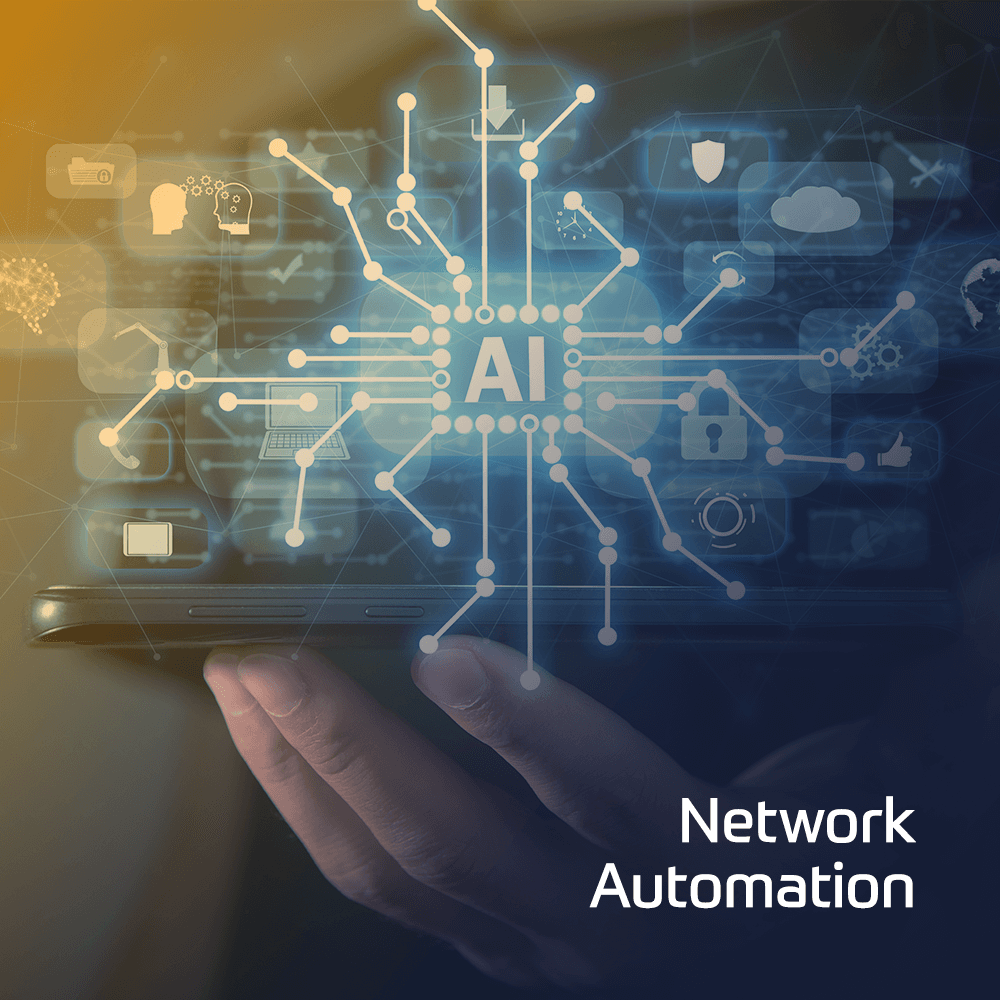
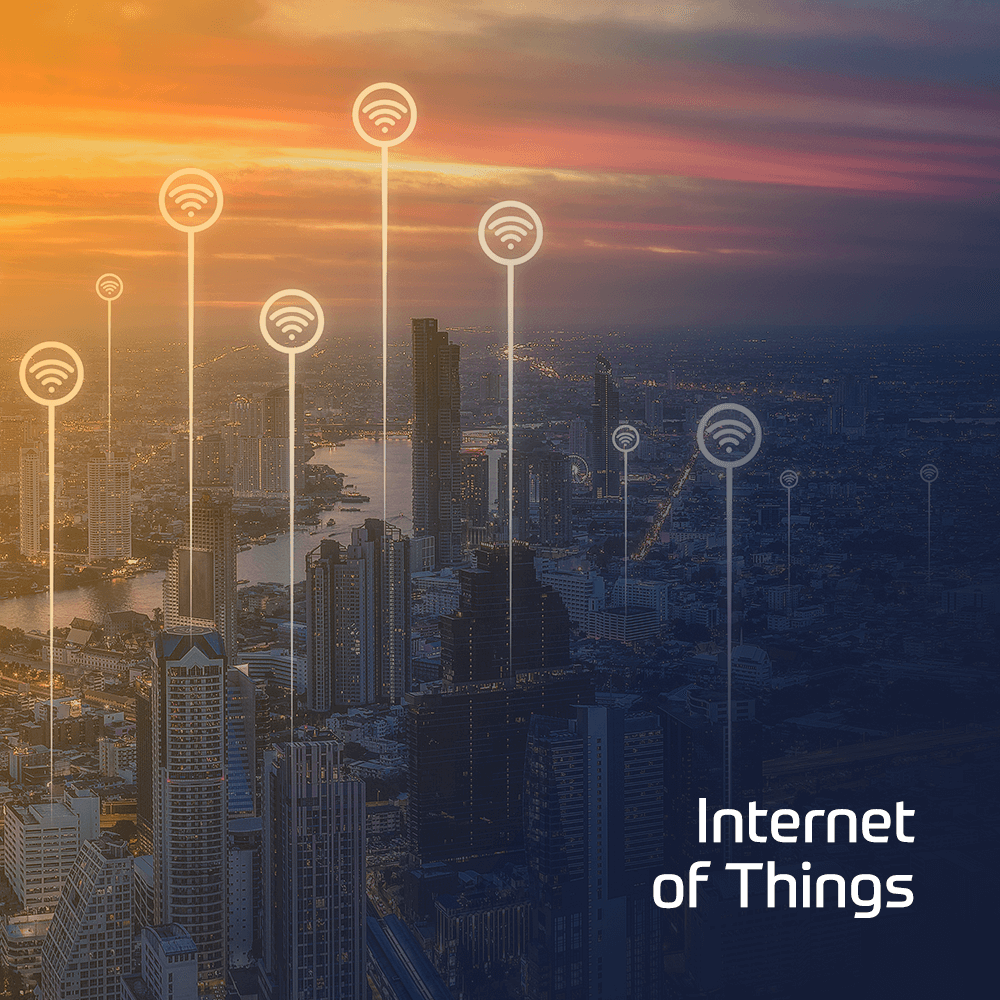


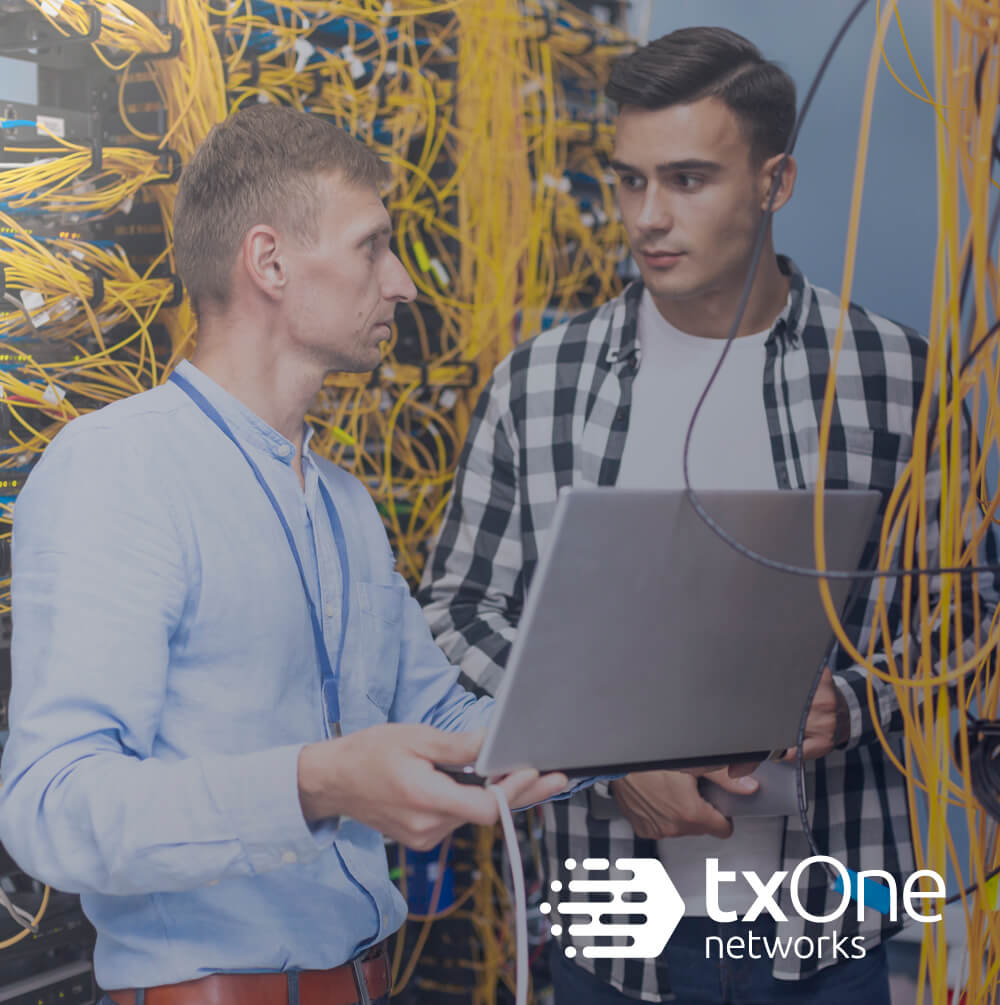


 Duration
Duration  Delivery
Delivery  Price
Price